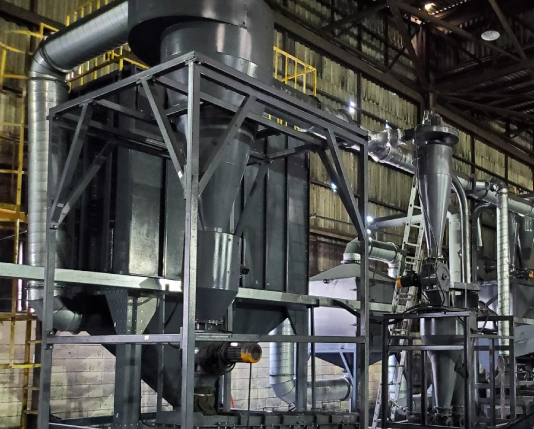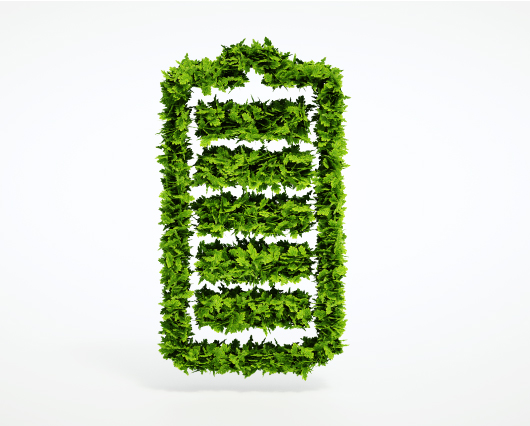
Battery Recycling
The environmentally friendly recycling of lithium ion batteries is becoming increasingly important. Our recycling hub in Manila, Philippines processed more than 15.000 tons of battery materials in 2020. In addition to recycling solutions for active systems and cells, we offer comprehensive concepts for efficient economic and ecological recycling of non-ferrous metal waste from battery cell manufacturing.
Cells und Systems
We offer solutions for cells and systems with the following characteristics:
- NMC, NCA, LCO, LFP cell chemistries
- Off-spec systems with casings based on pouch, prismatic or cylindrical cells from consumer and automotive applications
- Pre and post consumer materials
- Bi Cells or Stacks, with or without electrolyte and pouch packaging
- No measurable radioactivity and hazardous impurities
Shredded Fractions
We offer solutions for shredded fractions with the following properties:
- NMC, NCA, LCO cell chemistries, > 4% nickel and / or cobalt contents
- Cell chemistries can be mixed
- With and without moisture, plastics and Fe scrap contents
- No fire hazard potential
- No measurable radioactivity and hazardous impurities
Cathodes: Scrap and Granules
We offer solutions for cathode scrap and granules with the following properties:
- NMC, NCA, LCO cell chemistries, > 4% nickel and/ or cobalt contents
- Cell chemistries can be mixed
- In the form of foils, cuttings and granules
- No measurable radioactivity and hazardous impurities
Anodes: Scrap and Granules
We offer solutions for anode scrap and granules with the following properties:
- > 10% copper content
- In the form of foils, cuttings and granules
- Free of plastics and cathode foils
- No measurable radioactivity and hazardous impurities
Black Mass and Cathode Slurry
We offer solutions for black mass and cathode materials with the following properties:
- NMC, NCA, LCO cell chemistries, > 4% nickel and/ or cobalt contents
- Cell chemistries can be mixed
- In the form of powders, metal ashes and slurries
- No measurable radioactivity and hazardous impurities
Process Engineering
The process technology applied varies with the waste stream. Pre- and post-consumer waste are fed into different processes in our facilties with the aim of achieving the highest separation yield. The combination of thermal pre-treatment for binder decomposition, downstream shredding and sifting processes is the basis of our processes.
Bi-Cells are separated into anode, cathode and separator film. Cathode and anode scrap are fed to thermal pretreatment and afterwards the active material or graphite is separated from the carrier foil.
The aim is to generate pure Al and Cu, active material and graphite fractions that can be recycled efficiently and in an environmentally friendly manner.


Recycling Efficiency
Ecological and economic aspects of battery recycling can be reconciled. Lithum ion batteries are the largest urban mine of the future and an outstanding example of a good circular economy. We try to achieve the highest recycling rates through pretreatment and hydrometallurgical processes to provide the greatest added value to our customers.
Low process losses equal higher concentrations of nickel, cobalt, manganese, lithium, graphite, aluminum and nickel. This does not only have a positive impact on remuneration, but also on your recycling efficiency reportings.
With recycling rates of > 95% for the metals Li, Co, Ni, Mn based on black mass, we exceed the minimum legal requirements of the EU.